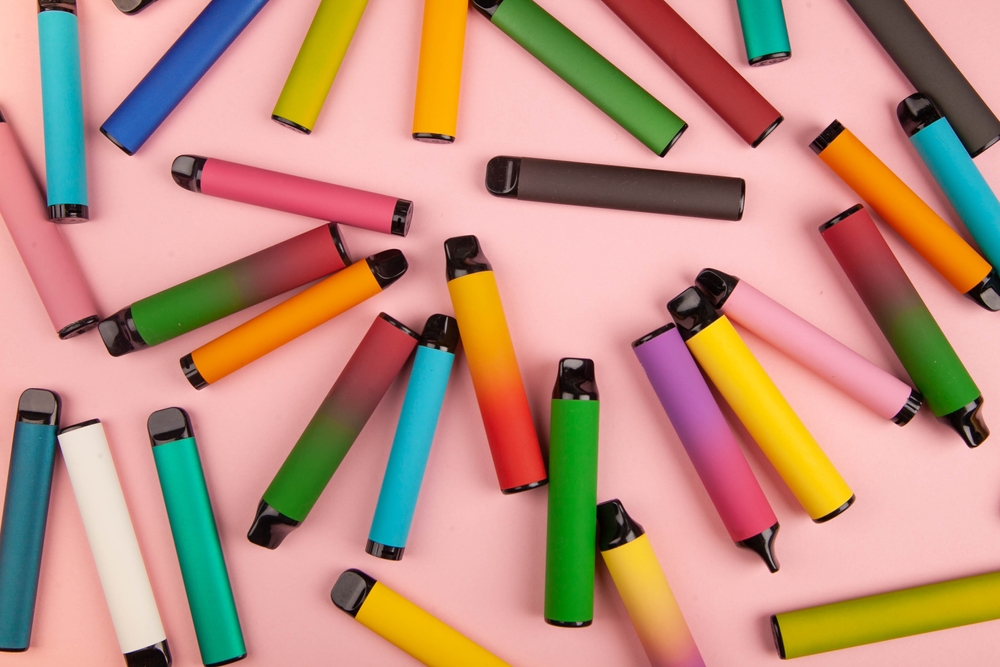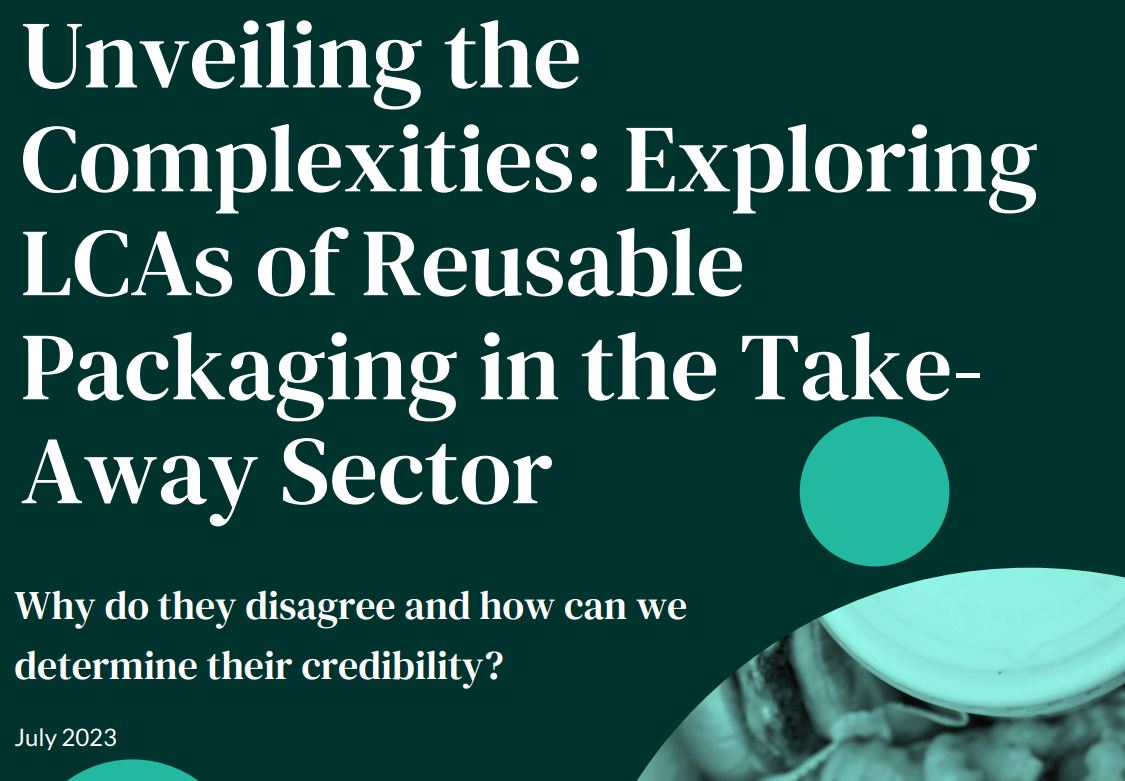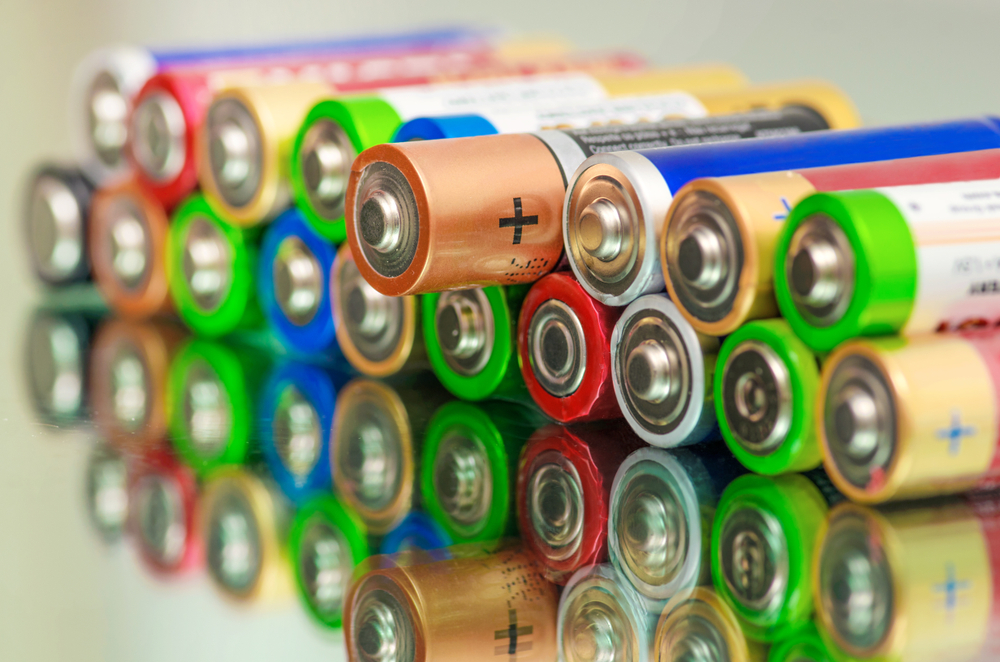Marylebone Cricket Club signs waste deal with Veolia
Marylebone Cricket Club, the custodian of Lord’s Cricket Ground, has named Veolia as its waste management contractor.

Veolia explained that it will aim to increase recycling rates by 50-60%. This will be achieved through the implementation of onsite systems aimed at managing diverse waste streams.
These include food, dry mixed recycling, and glass, alongside initiatives targeting the recycling of coffee cups and hand towels.
Commenting on the partnership Simon Futcher, commercial business development director at Veolia, said: “Getting this latest partnership across the line at the Home of Cricket is another example of how we can deliver real sustainability and carbon reductions to major sporting venues. By identifying and developing new operations to treat waste at big events, we can close the loop and advance the circular economy.
“Through our SELCHP facility, we can also transform unrecyclable items into energy, and even the resulting ashes can be transformed into new construction materials.”
ADBA criticises pace of biomass strategy

The Anaerobic Digestion and Bioresources Association (ADBA) has welcomed the release of the UK government biomass strategy but criticises the time it has taken and has warned of the “long road ahead for the government”.
The strategy was released on Thursday (10 August) after much delay (see letsrecycle.com story).
Chris Huhne, chairman of ADBA and former energy and climate secretary, said: “The UK Government has been uniquely slow – by comparison with both the United States and the European Union – to encourage biogas, as part of the energy transition. This is a welcome, if belated recognition of the priority uses to meet Net Zero, but more targeted support is needed to unlock the potential of key biogas feedstocks. Manures, slurries and agricultural residues are the biggest area of growth for the biogas industry, but the potential will be untapped without ministerial heft and push.”
“Methane is twenty times more powerful than CO2 as a greenhouse gas“ Chris continues, “Biogas provides a quick win when time is pressing. Sustainable biomass is key to achieve Net Zero and whilst we applaud the publication of the Biomass Strategy, which has been two years in the making, we urge the Government to urgently publish the Sustainability Criteria Consultation that was expected to go hand in hand with it”.
Eunomia questions studies backing single use takeaway packaging
A report by Eunomia has found that heavily cited studies which favour single-use take-away packaging over reusable alternatives “often lack transparency and have implicit biases against reuse due to funders’ interests”.
The report, put together with Zero Waste Europe, was entitled “Revealing the Intricacies: Investigating LCAs of Reusable Packaging in the Take-Away Industry. It centers on the analysis of three Life Cycle Assessments conducted by the European Paper Packaging Alliance, McDonald’s, and the University of Michigan.
These selections were made to showcase the range of approaches and clarity evident in published research delving into reusable take-away packaging.
Larissa Copello, packaging and reuse policy officer at Zero Waste Europe stated: “It’s clear that some of the industry funded studies on reusable take-away packaging are flawed and did not explore the full potential of reuse systems for packaging. There’s no such a thing as a sustainable material, but rather a sustainable system.
“When it comes to reusable packaging, a key element for efficient systems is pooling systems for reuse, under which the ownership of the packaging is shared among the participants as well as all the logistics and infrastructure, including washing facilities, collections points, etc. The revision of the PPWR should support such well-designed systems to be scaled up across Europe, through mandatory reuse targets and economic incentives for reuse.”
Residents in Hampshire can recycle vapes at HWRC’s
Hampshire residents now have the option to recycle vapes at any Household Waste Recycling Centre (HWRC) in a bid from the council to prevent vapes from being improperly disposed of in general waste.
The service has recently been expanded to cover all the county’s HWRCs.

Councillor Nick Adams-King, the county council’s executive lead member for Universal Services said: “Discarded vapes are an increasingly common eyesore in our villages, towns and cities, which creates tonnes of additional plastic litter. This is just one reason, alongside serious health concerns over under-age vaping, why the County Council is joining local authorities across the UK to call for a ban on single use vapes.”
Cllr King added: “To help tackle the environmental impact of vapes, all our Household Waste Recycling Centres can now accept reusable, refillable and disposable vapes for recycling.
“Most large supermarkets and some shops also have special bins where batteries, including single use vapes, can be disposed of safely. Anything containing batteries, including vapes, should never be placed in your waste or recycling bin at home, as they are inflammable and can spontaneously combust. Rogue batteries are the single biggest cause of fire in refuse trucks and waste sites, which poses an avoidable risk to staff and unnecessary cost burden on taxpayer-funded services.”








Subscribe for free